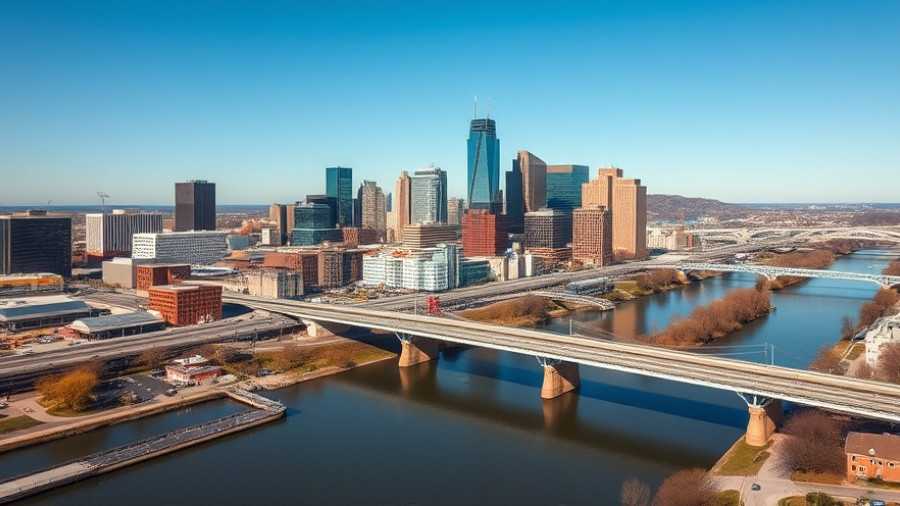
Nashville’s Major Tunnel Project Under the Microscope
A proposed $400 million tunnel project in Nashville is facing increasing scrutiny from local leaders and residents. This underground endeavor, intended to alleviate traffic congestion while enhancing infrastructure, has raised a multitude of concerns regarding its cost, environmental impact, and overall feasibility.
Financial Implications: Is the Investment Worth It?
At the heart of the debate lies the financial burden that the tunnel's construction would place on Nashville's taxpayers. With the city grappling with budget constraints, many officials are questioning whether the estimated $400 million price tag can be justified. City Council member Dave Rosenberg expressed concerns, stating, "We have to consider whether our financial resources are best allocated to this project or other pressing needs." Some residents echo this sentiment, urging the city to prioritize funding for schools and public services over a monumental transport project.
Environmental Concerns: Balancing Progress and Nature
Environmentalists are also raising alarms about the potential ramifications of the tunnel construction. The project studies yell at the possibility of disturbing fragile ecosystems and waterways during excavation. Advocates for sustainability emphasize that future generations deserve a balanced approach to development. They argue that public transit improvements and green infrastructure should take precedence over a tunnel that may encourage more vehicles and pollution.
Current Events: Nashville's Growing Pain of Development
This tunnel proposal has become a focal point in the ongoing conversation about Nashville’s rapid growth. As the city expands, so do the challenges of maintaining its charm and livability. The tunnel is proposed as a method to address the influx of newcomers and their commuting concerns but is met with skepticism from residents who believe it might exacerbate the problem of urban sprawl.
Alternatives to the Tunnel: Exploring Viable Solutions
In light of the skepticism towards the tunnel, alternative transportation solutions are gaining traction among local policymakers. Options such as expanded public transportation, improved cycling infrastructure, and pedestrian-friendly pathways offer attractive, cost-effective ways to address congestion while minimizing environmental disruption. A growing number of advocates believe a comprehensive review of public transit options would better serve Nashville's needs than merely building more roads.
What’s Next for Nashville’s Tunnel Project?
As the debate continues, Nashville leaders must weigh the interests of various stakeholders while considering the long-term vision for the city. City officials are expected to hold public forums where citizens can voice their opinions and suggest alternatives. This communal dialogue is crucial for ensuring that future developments align with community needs and values.
Nashville's case serves as a reminder that urban planning decisions not only shape the physical landscape but also affect the very fabric of the community. Residents and leaders alike have a responsibility to advocate for solutions that cherish both growth and sustainability, keeping Nashville's unique character intact in the process.
 Add Row
Add Row  Add
Add 




Write A Comment